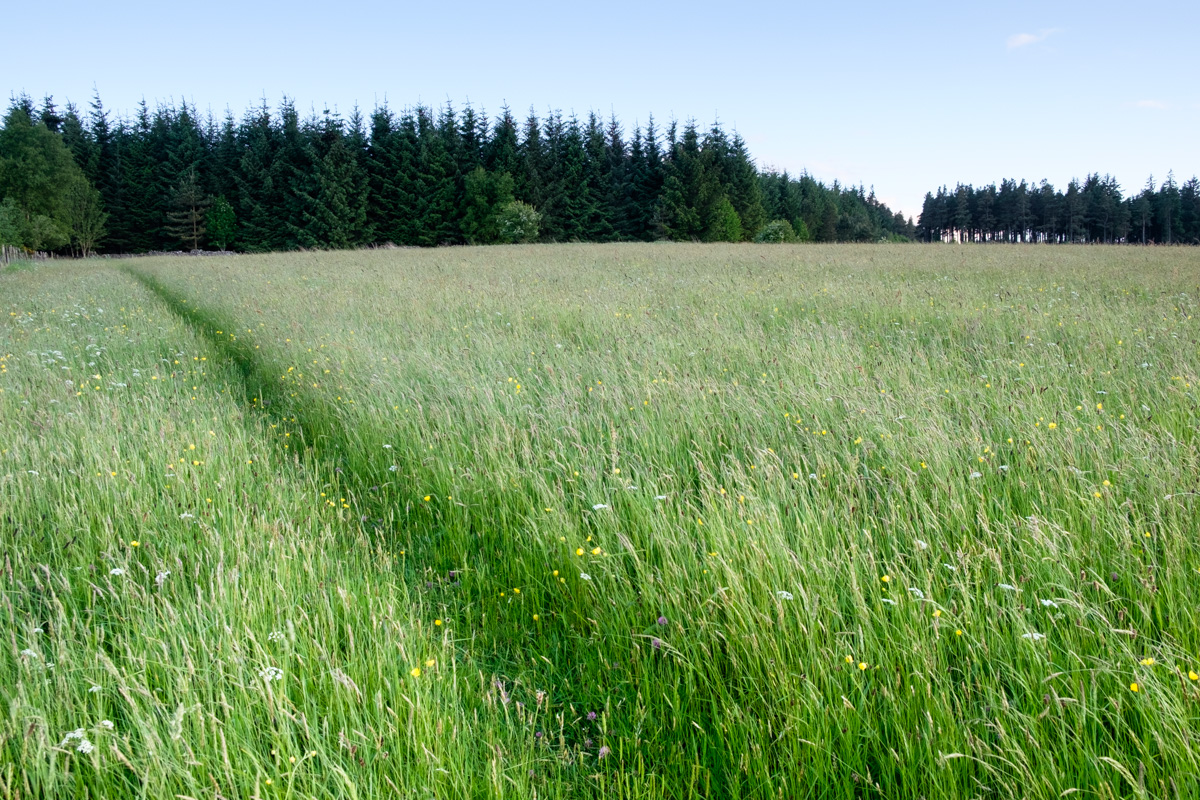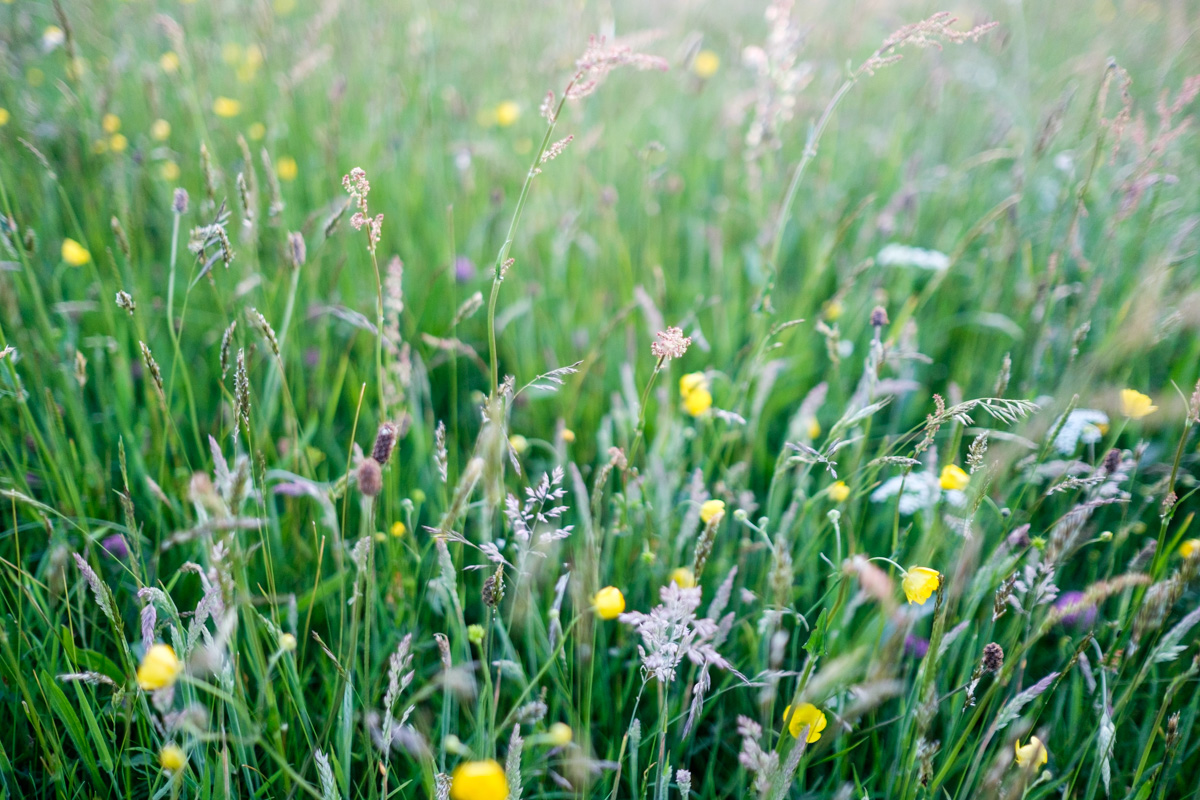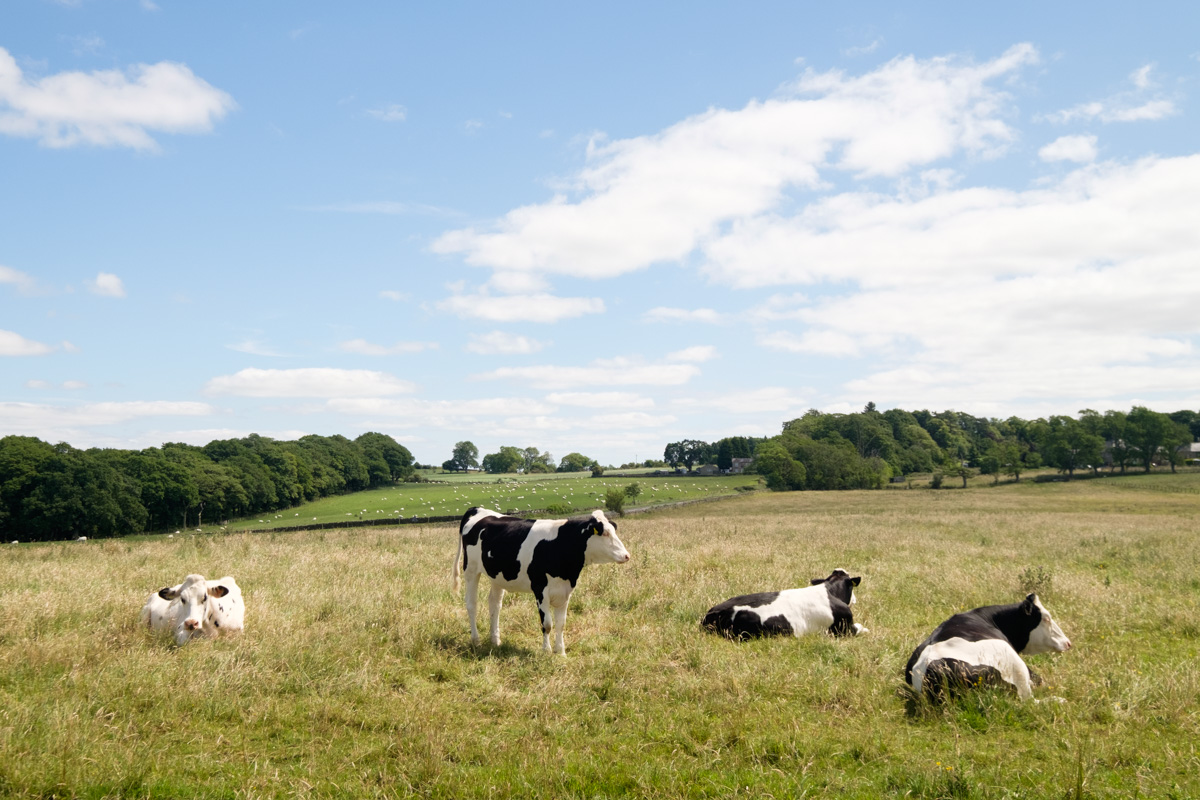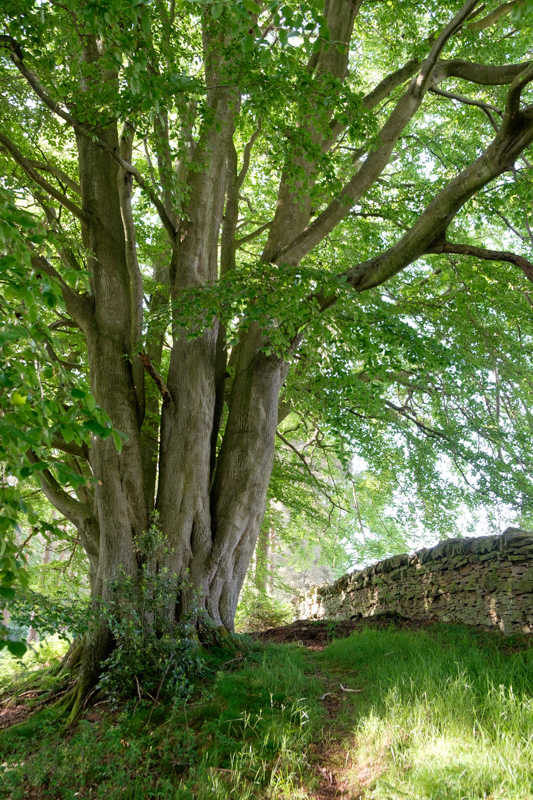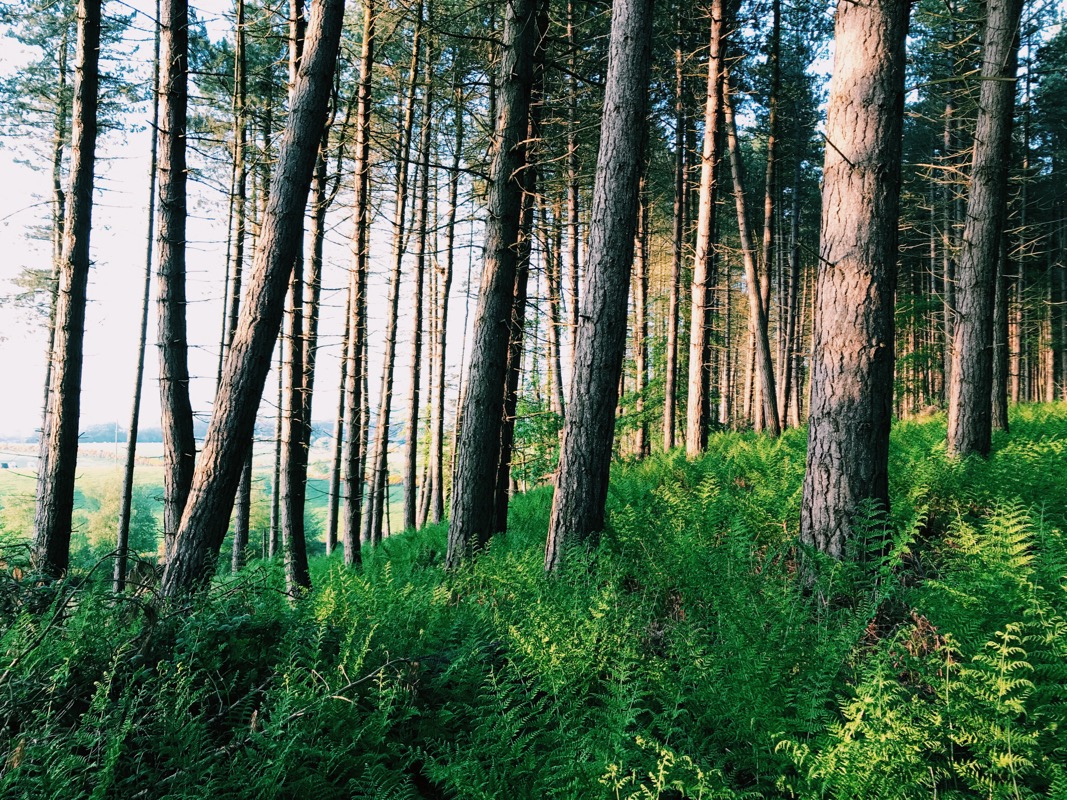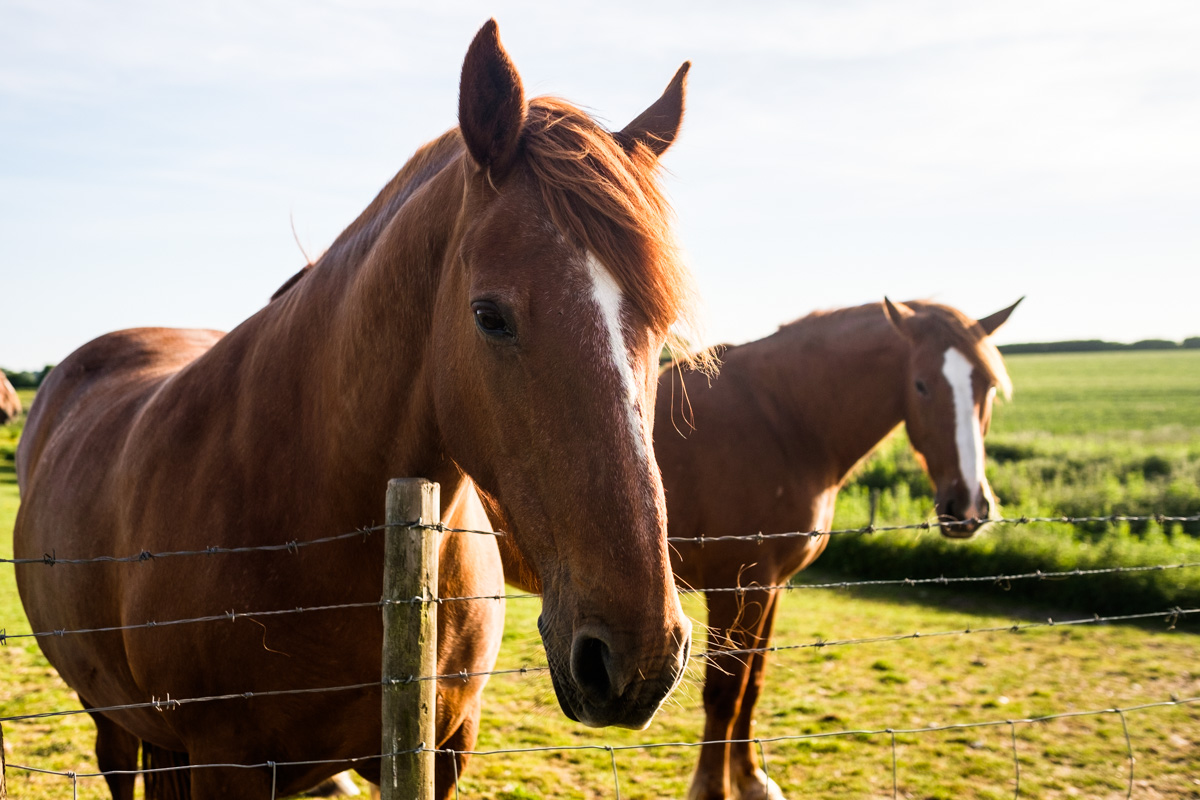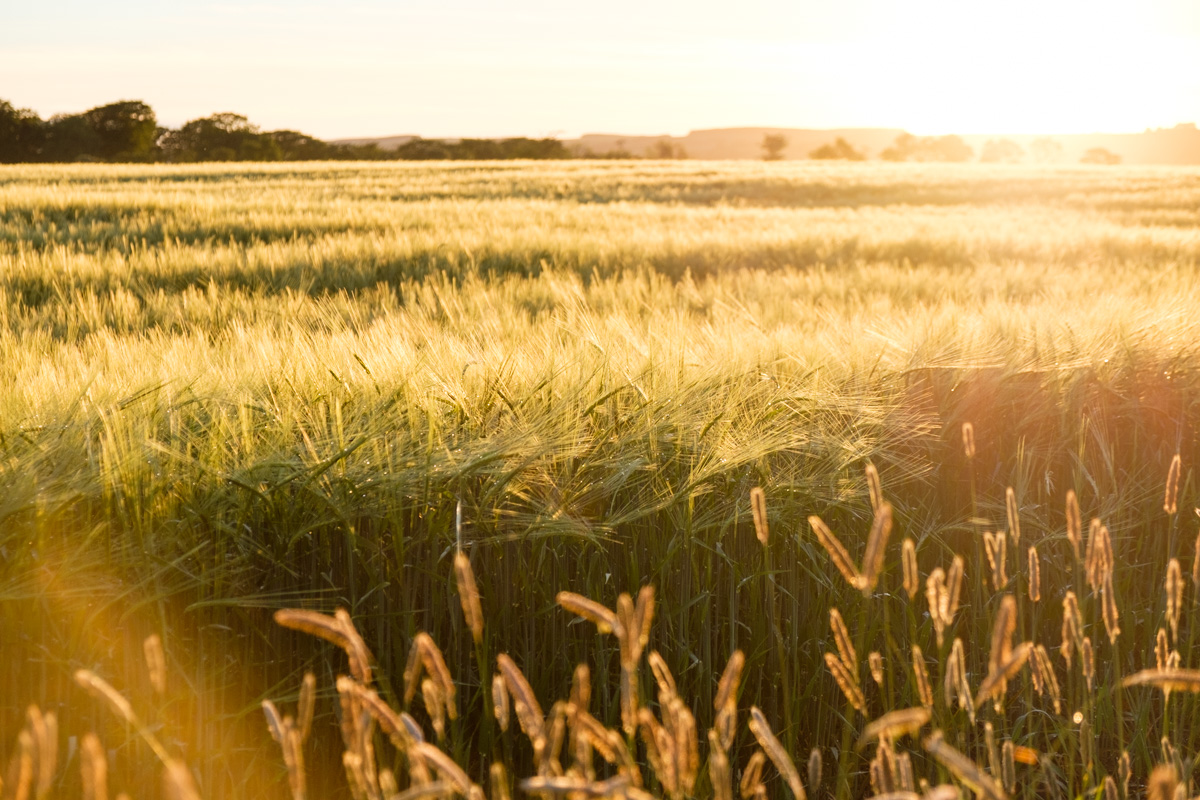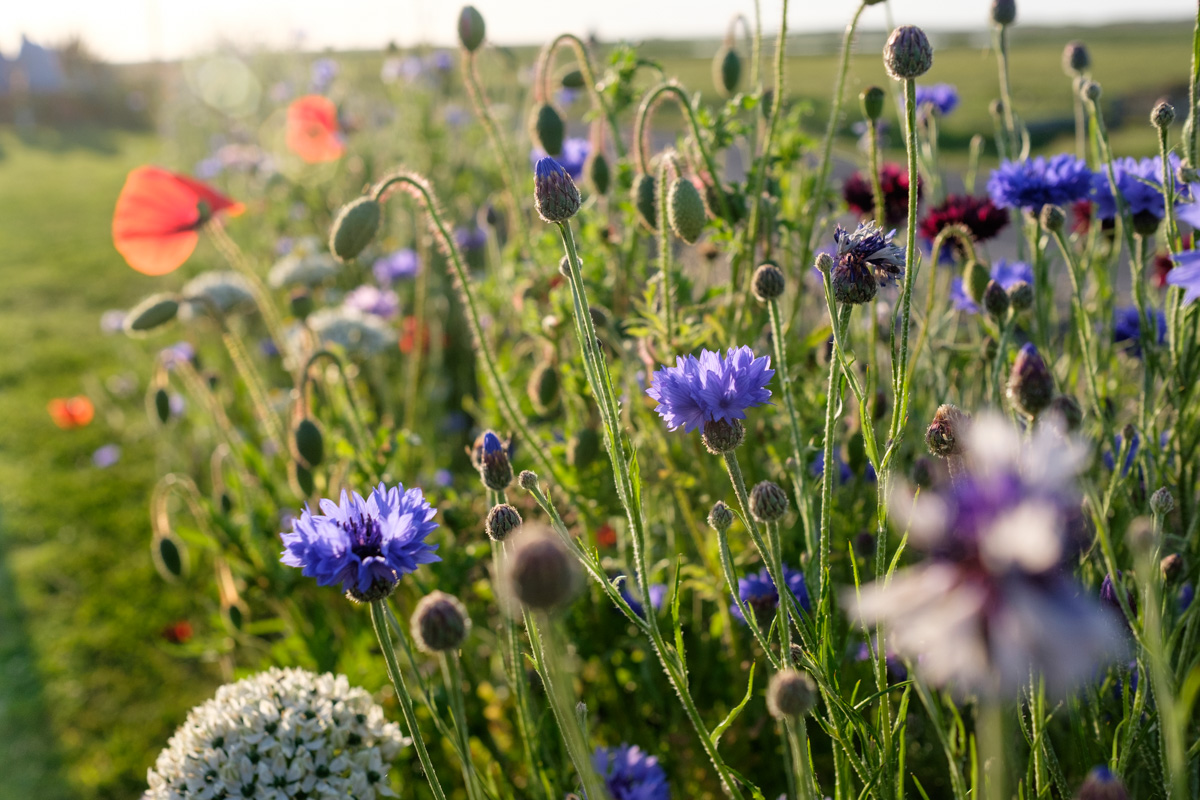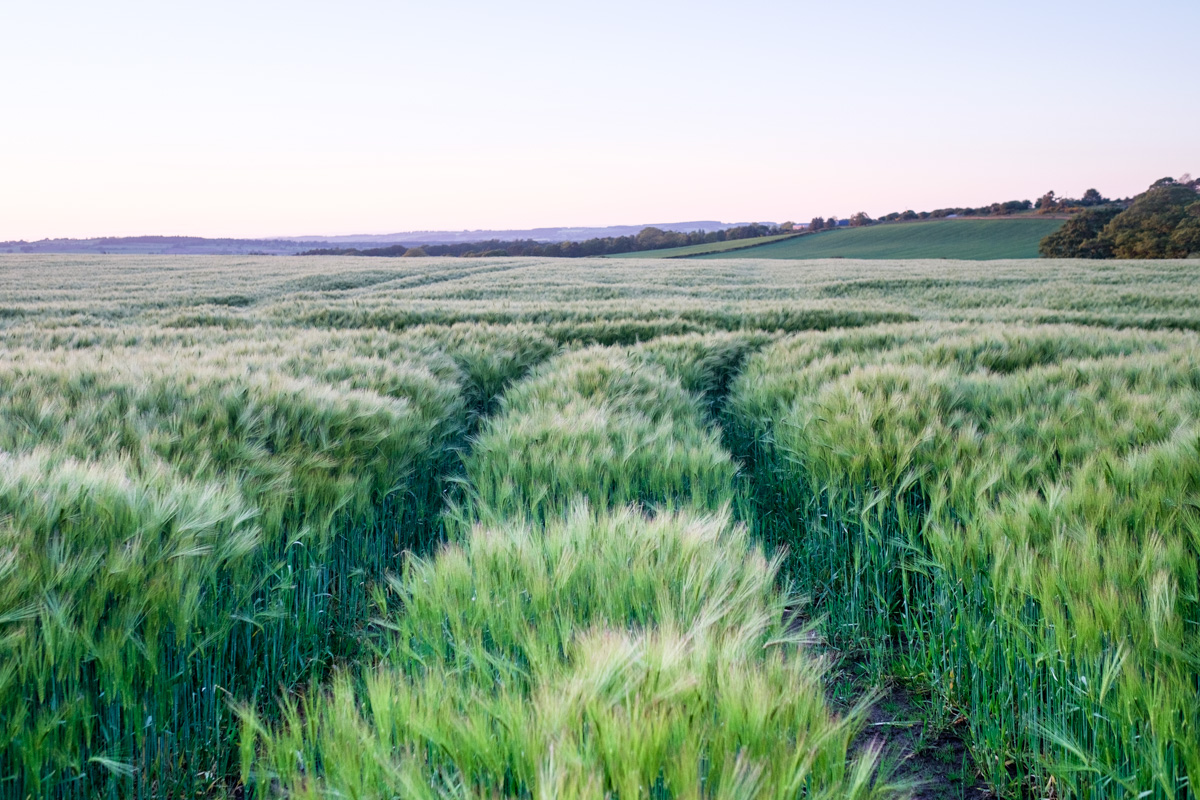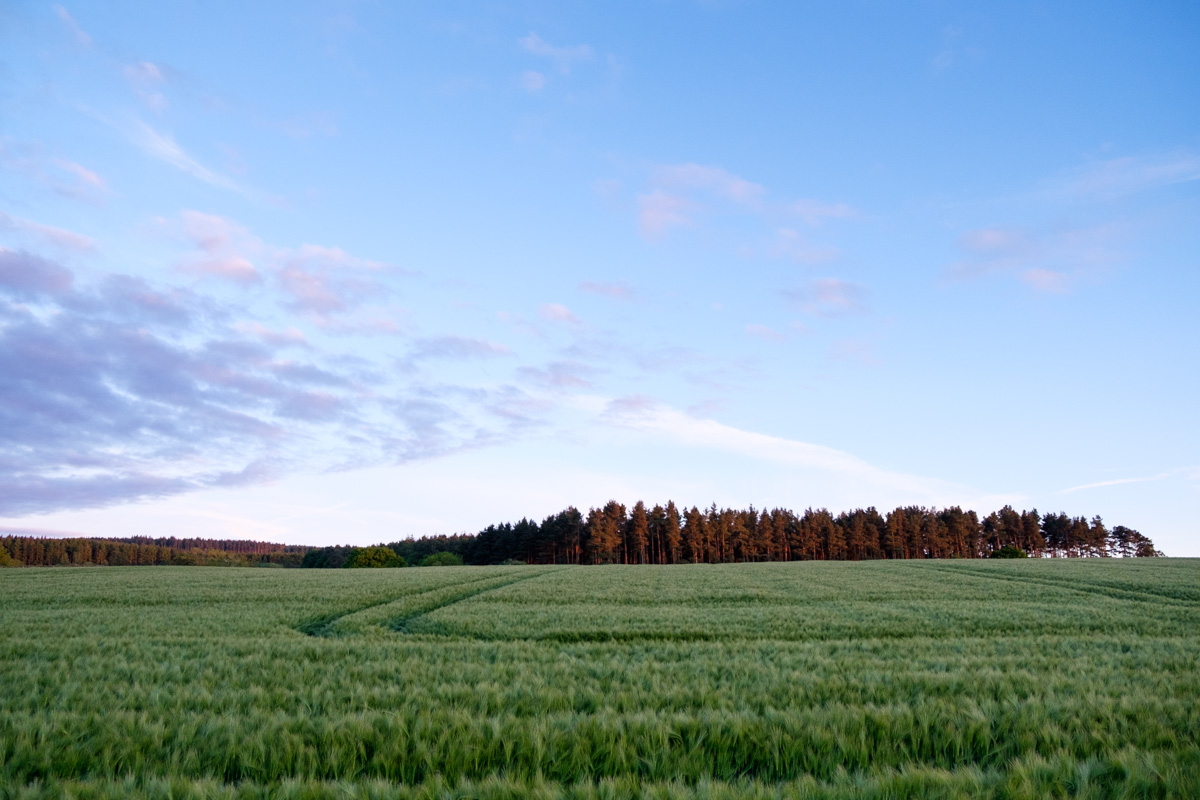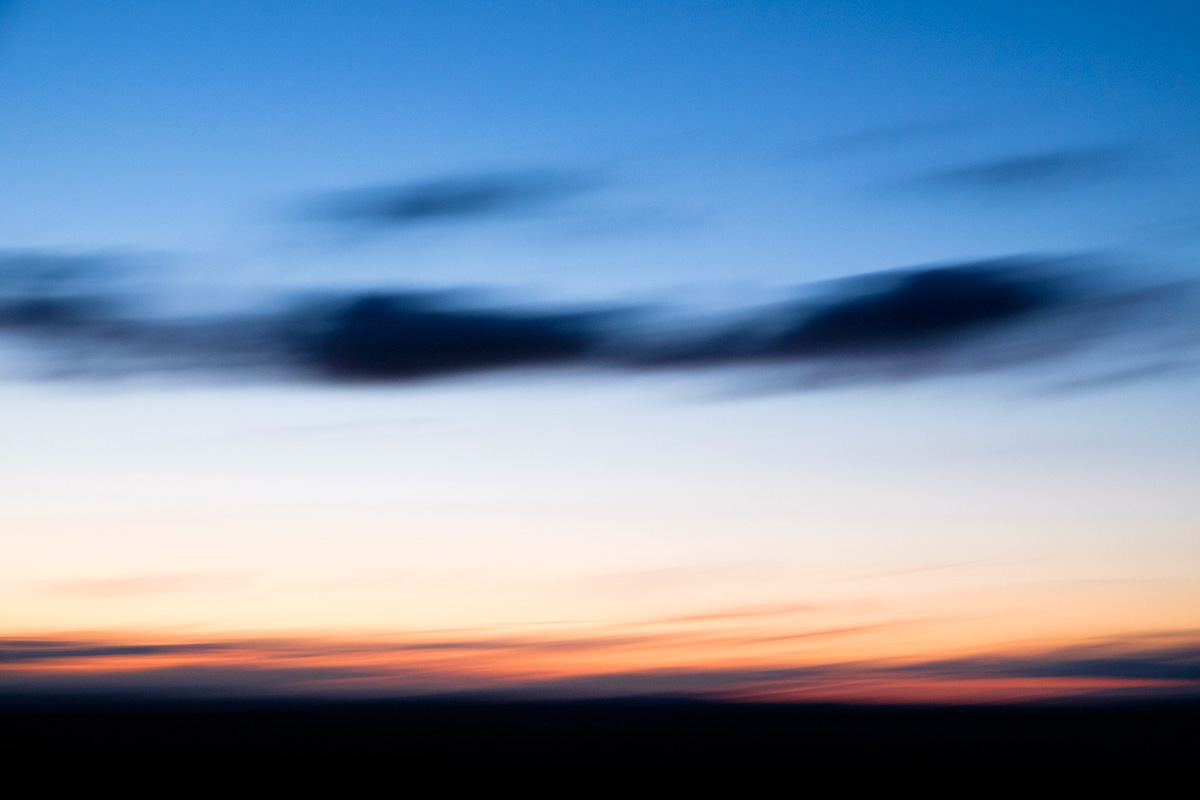STORY ENGLISH SUMMER
Words by Diana Pappas
Photographs by Diana Pappas & Tom Bland
The birds, butterflies and bees had been active for hours by the time we made our way outside with our morning teas and coffees, plates of buttered toast balanced on our laps. Each day new flowers would open up, adding their color to the chorus of plants in the garden and we’d take the time to observe those daily changes as we ate our breakfast and discussed what to do that day. We weren’t in a rush, in fact the hours seemed stretched out, as if passing by in slow motion.
The idyll of summer in England is one of abundance – abundant daylight, especially at this northern latitude, but also bucolic wildflower meadows, hedgerows full of life and the heavy fragrance of elderflower blossoms, ripening strawberries, currants and gooseberries, tart and sweet on our tongues. When the weather complies, it is a magical setting for walks through the forests, moorlands, meadows and farmland that surround us.
When the weather takes a colder turn, and the rain and cloud cling to the landscape, we feel cheated, but resigned to find the beauty in this temperamental island ecosystem. We put on an extra layer and go for woodland walks in the rain, leaving the gravel track for soft moss-covered paths usually trodden by deer and foxes and rabbits, avoiding the stinging nettles and thorny brambles and leaning against 50-year old trees for shelter, the smell of pine and earth all around us.
When the sun returns, farmers take their chance and cut, spin and bale their hay fields, seizing the opportunity to preserve summer’s abundance for the winter. The grain fields gradually change from green to golden during our weeks here, with ripening wheat, barley, rye and oats whispering to each other with the breeze as they dry.
The evenings settle in slowly, taking their time. Roe deer quietly lead their fawns through the forests and out into the fields under the cover of dusk, nightjars churr invisibly, and the conversational calls of tawny owls drift in through the windows with the cool night air. The sun seems reluctant to disappear over the horizon, leaving its pale glow in the atmosphere long after we drift off to sleep.
Photographs by Diana Pappas & Tom Bland
The birds, butterflies and bees had been active for hours by the time we made our way outside with our morning teas and coffees, plates of buttered toast balanced on our laps. Each day new flowers would open up, adding their color to the chorus of plants in the garden and we’d take the time to observe those daily changes as we ate our breakfast and discussed what to do that day. We weren’t in a rush, in fact the hours seemed stretched out, as if passing by in slow motion.
The idyll of summer in England is one of abundance – abundant daylight, especially at this northern latitude, but also bucolic wildflower meadows, hedgerows full of life and the heavy fragrance of elderflower blossoms, ripening strawberries, currants and gooseberries, tart and sweet on our tongues. When the weather complies, it is a magical setting for walks through the forests, moorlands, meadows and farmland that surround us.
When the weather takes a colder turn, and the rain and cloud cling to the landscape, we feel cheated, but resigned to find the beauty in this temperamental island ecosystem. We put on an extra layer and go for woodland walks in the rain, leaving the gravel track for soft moss-covered paths usually trodden by deer and foxes and rabbits, avoiding the stinging nettles and thorny brambles and leaning against 50-year old trees for shelter, the smell of pine and earth all around us.
When the sun returns, farmers take their chance and cut, spin and bale their hay fields, seizing the opportunity to preserve summer’s abundance for the winter. The grain fields gradually change from green to golden during our weeks here, with ripening wheat, barley, rye and oats whispering to each other with the breeze as they dry.
The evenings settle in slowly, taking their time. Roe deer quietly lead their fawns through the forests and out into the fields under the cover of dusk, nightjars churr invisibly, and the conversational calls of tawny owls drift in through the windows with the cool night air. The sun seems reluctant to disappear over the horizon, leaving its pale glow in the atmosphere long after we drift off to sleep.







